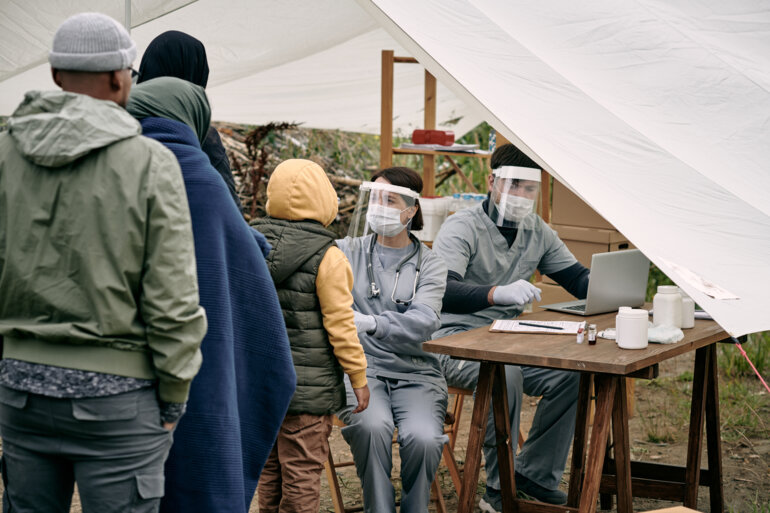Examining sex- and gender-related differences may potentially be the new frontier in the era of precision medicine to tailor cancer treatments in men and women.
Examining sex- and gender-related differences may potentially be the new frontier in the era of precision medicine to tailor cancer treatments in men and women. But while the knowledge is growing fast suggesting that biological sex may not only affect tumour biology but also the pharmacokinetics and pharmacodynamics of medicines, biological differences between male and female patients are still rarely taken into consideration in cancer research and clinical practice. On Sunday 29 September, an interactive talk at ESMO Congress 2019 will explore how and how quickly sex and gender-sensitive issues can be implemented in oncology and will involve a panel of four experts in the field (18.15 – 19.15, Foyer CC4).
Within the framework of the ESMO Women for Oncology initiative in Barcelona, the talk ‘Sex and gender-sensitive medicine: are we ready to switch paradigm?’ aims not only to raise awareness of the topic but also to remark that sex and gender-sensitive medicine and political gender-related issues are not equal. "There is frequent resistance to bringing the debate around sex and gender-sensitive aspects to the fore in healthcare as they are frequently perceived as being of interest to women only, rather than a health benefit for all patients,” points out one of the panellists, Dr Sabine Oertelt-Prigione, Strategic Chair for Gender in Primary and Transmural Care at Radboud University, The Netherlands. "Recently, funding agencies are increasingly requiring researchers to include biological differences in the planning of their research, and this may help the field to progress. What is really lagging behind are medical societies themselves; working groups and task forces exist across several medical disciplines but support from the leadership of societies is generally limited.”
Part of the talk will focus on the lessons learned in cardiology, where early knowledge on how sex differences can shape prevention, diagnosis and treatment stem from the discovery that young women could have a heart attack, contrary to what was previously perceived. "That was a moment of awakening that really started the discussion,” says Oertelt-Prigione. "In oncology, we are yet to have that kind of moment.” According to Oertelt-Prigione, the major barrier to translate gender-sensitive issues into practice is the lack of guidelines. "Knowledge is still fragmented, and guideline committees may see that data are not yet sufficiently robust to support recommendations,” she explains. "To overcome this, full awareness of potential sex and gender-sensitive differences is needed at the level that a trial is conducted to have data collected and analysed by sex.”
These practical aspects may also be supported by cooperative efforts and the engagement of medical societies, such as ESMO. "Although oncology has discovered sex and gender-sensitive medicine a bit later than cardiology, we now hope that having ESMO on board – something we did not see in cardiology – will really accelerate the process and make the implementation faster. The recent creation of the ESMO Gender Medicine Task Force is a clear signal in that direction,” she concludes. Participants at the talk will have the opportunity to further explore these issues and interact with the expert panel who, in addition to Oertelt-Prigione, are Dr Susanna Grego, cardiologist from Cardiocentro Ticino, Switzerland, Professor Solange Peters, ESMO Women for Oncology Committee Chair and Dr Anna Dorothea Wagner, medical oncologist, who are both from Centre Hospitalier Universitaire Vaudois (CHUV), Lausanne, Switzerland.






